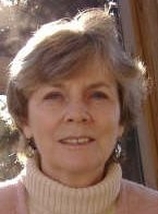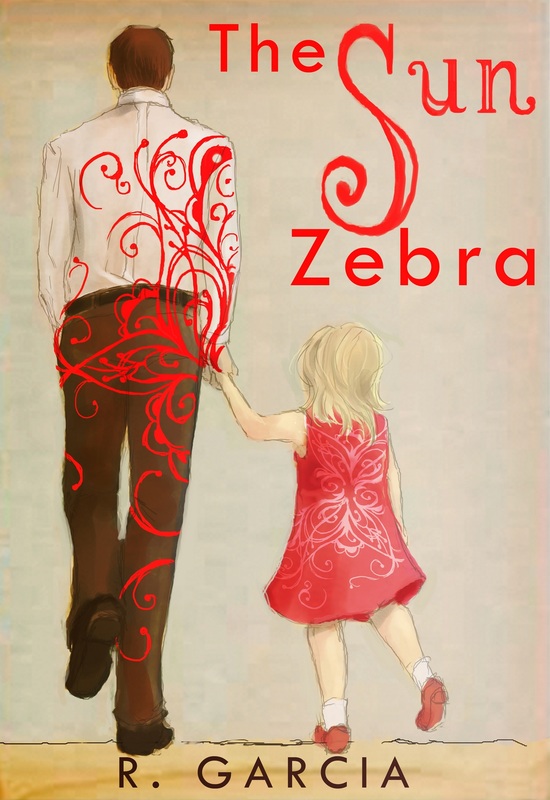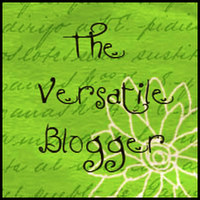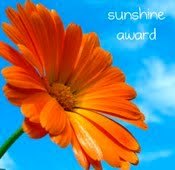
This is a guest post by Barbara Alfaro. She is the author of "Mirror Talk," "Singing Magic," "The Sirius Interview and Other Short Plays," and her most recent book of poems "First Kiss." I first met Barbara on the document sharing site Scribd.com where her documents have by now accumulated more than 100,000 reads. Her work is always a delight to read, and she is a great friend. So with no further ado here she is, our poet!
***
“What do you write?” someone asked recently. “Poetry,” I answered. “And I suspect only professors and other poets read poetry, but it’s what I love – so there!” I had just met this man and I was already so-there-ing him. Poetry is what I love. When I’m not reading or writing poetry, I’m thinking about poets. Would Emily Dickinson self-publish if she were alive today? I need to read “the love poet,” e.e. cummings, again. Where did I put my copy of The Complete Poems of Randall Jarrell? These thoughts are interrupted by mundane concerns – should I vacuum the whole house or cheat, and just the living room? Did that woman in the designer suit notice my ensemble is a careful blending of L.L. Bean and Walmart? Many people feel toward poetry the way I do when I see all the hoopla about various shaped balls. Years ago, Tom Wolfe suggested everyone in the country who loved sports should move to Arizona. I don’t think everyone who loves poetry ought to move to Arizona; there would be too many desert poems.
Poetry makes me feel glad. Whether I’m reading something as exquisite as Mary Karr’s “For a Dying Tomcat Who’s Relinquished His Former Hissing and Predatory Nature” or as pure fun as Hans Ostrom’s “Emily Dickinson and Elvis Presley in Heaven,” there is that gladness, ineffable and exact, poetry brings. Pulitzer Prize recipient Mark Strand suggests readers can experience a poem without understanding it. Poet Kathleen Norris says often poets themselves do not know the meaning of a poem they have written until years after it is written. How do I go about writing this thing that neither I nor my readers may fully understand but will hopefully enjoy?
The creative impulse can surprise me anywhere. On a commuter bus in Maryland, I look out the window and notice the trees. Writers always sound a bit daffy when they say things like this but the first two lines of a poem are given to me, they simply appear in my mind, already written:
Trees amaze me most in winter when
stark against slate skies.
I know it’s my part to complete the rest of the poem. Other vivid images – a black cat beside a rosebush, three finches rollercoastering by, a funny but wonderful hat – spark other poems. Anger at social injustice is a strong source for poetry but something as simple as a charming memory can cause a poem. When she was a child, my mother-in-law thought she could stand on a hill and touch the stars.
LA BELLA
for Isolina Alfaro
This is the time, during the war,
la bella started wearing rainbow dresses.
To some they looked like ordinary clothing
but to those who loved, the dresses
contained all the colors of the rainbow.
When the beautiful one was a child
she thought she could touch stars from a hilltop
and they would feel sharp and warm.
The first stanza of “First Kiss,” the title poem of my poetry book, came from a dream:
Teddy O’Connor, I dreamed of you last night
You were the age you would be now
and still handsome in your quiet way.”
The poem suggests its form. A very structured form might be used for a poem about a strict Catholic childhood and free verse for one about wild mustangs. Once I begin a poem, it will not leave me alone – that’s me scribbling stanzas at three a.m. Creativity is like a snoring husband, it won’t let you sleep.
Again, my poetry and that of other poets, makes me feel glad in a way no other genre of writing does. And when I feel that quiet gladness about a poem I have been writing, I know it is complete.
Would Emily Dickinson have self-published? I think so. She would have been mystified by marketing and promotion but delighted that her poems were being read, as am I.
***
To learn more about Barbara visit her website, follow her on Twitter @BarbaraAlfaro, or like her on Facebook. You can also read my review of Barbara's poetry book "First Kiss" here.


 RSS Feed
RSS Feed



